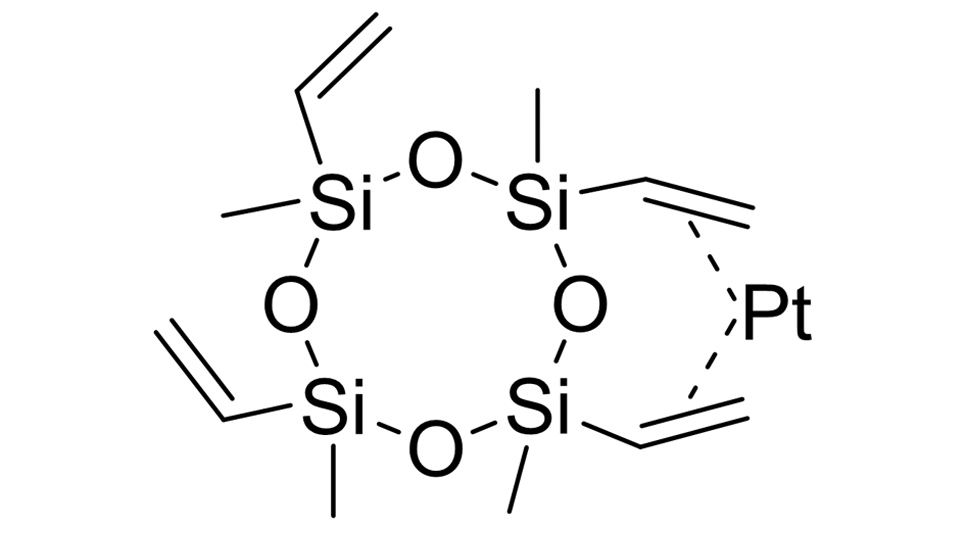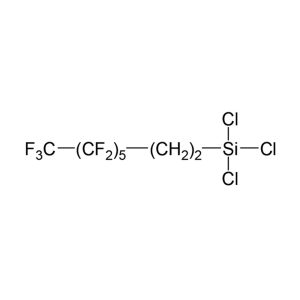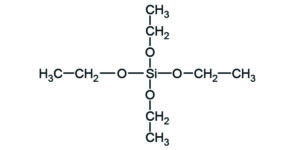Dynein-Powered Cell Locomotion Guides Metastasis of Breast Cancer
Metastasis of cancer cells is the primary cause of death in cancer patients and continues to be one of the most difficult clinical problems. There are many theories about how metastasis occurs, but the main aspects have been linked to a protein complex, actomyosin, that plays a role in muscle contraction. Actomyosin-driven locomotion depends on degree of “confinement”, or the topology of the surrounding tissue, with more dense or stiffened tissues being more confined. In these confined tissues, metastatic cells exhibit reduced actomyosin contractibility, necessitating the need to investigate other locomotive mechanisms. A research group from the University of Pennsylvania has identified the importance of microtubules and associated motors for cancer cell movement. Focusing on identifying the role of dynein, or cytoskeletal protein, motors, this group used glass surfaces with micropatterned gels, formed using the equivalent of UCT’s PC085 (Platinum Cyclovinyl Complex – 2% Platinum in Cyclic Vinylmethylsiloxanes) as a resin cure catalyst, as an in vitro model. Implanting the motor proteins onto the gels, they seeded metastatic cancer cells onto the gels to study how they moved. Through many complex studies and administration of both actomyosin and dynein inhibitors, they were able to show that both actomyosin and dynein functions are required for cell cancer movement through confined tissues. While the authors omit any future implications, clearly they have taken one more step towards understanding the mechanism of cancer metastasis, and thus one more step towards winning the battle against cancer.
Citation: Tagay, Y.; Kheirabadi, S.; Ataie, Z.; Singh, R. K.; Prince, O.; Nguyen, A.; Zhovmer, A. S.; Ma, X.; Sheikhi, A.; Tsygankov, D.; Tabdanov, E. D., Dynein-Powered Cell Locomotion Guides Metastasis of Breast Cancer, bioRxiv, 2023 Apr 5; doi: 10.1101/2023.04.04.535605, Preprint. https://www.biorxiv.org/content/10.1101/2023.04.04.535605v1.article-info







